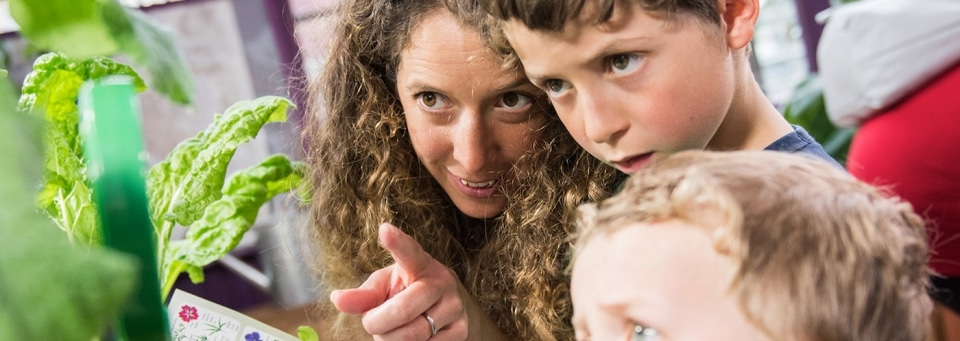
Become a citizen scientist!
There are lots of different ways you can get involved in environmental science. You can become a citizen scientist on whatever topic interests you the most – from mammals and ladybirds, to rocks and volcanoes, there’s a project out there for you to be involved in real science.
It is now easier than ever to take part, and people from all walks of life can use smartphones, or even just a notepad, to capture and contribute information about the natural world. For example, the millions of ecological records submitted by citizen scientists help researchers paint a picture of the UK’s changing wildlife.
There are many different ways to be an environmental citizen scientist and numerous projects you can get involved with. Here are just a few you might like to try:
Citizen science is most simply defined as the involvement of volunteers in scientific research. It is a phrase that has now become very common and is used to describe a wide range of activities. Citizen science uses the power of collaborative volunteer research to explore or collect huge data sets that researchers simply wouldn’t be able to do on their own.
One of the main reasons to take part as a volunteer is that your contribution will benefit the natural world. This might be on a local level, to help protect a local area of wildlife, or to help scientists understand what is happening to the environment on a national and even a global scale.
The chance to contribute to genuine scientific breakthroughs that changes our understanding of the world is very exciting, but is not the only benefit. Citizen science projects are also a way to connect with nature and spend time outside, which are proven to be beneficial to your health and wellbeing.
You don’t need special skills or training to take part in citizen science, and there are various levels of involvement, from submitting a few casual wildlife records, to participating in more structured and involved projects. There are two main types of activities people can participate in, observing the world, recording what you see and submitting the data, or helping process and analyse pre-existing data in some way.